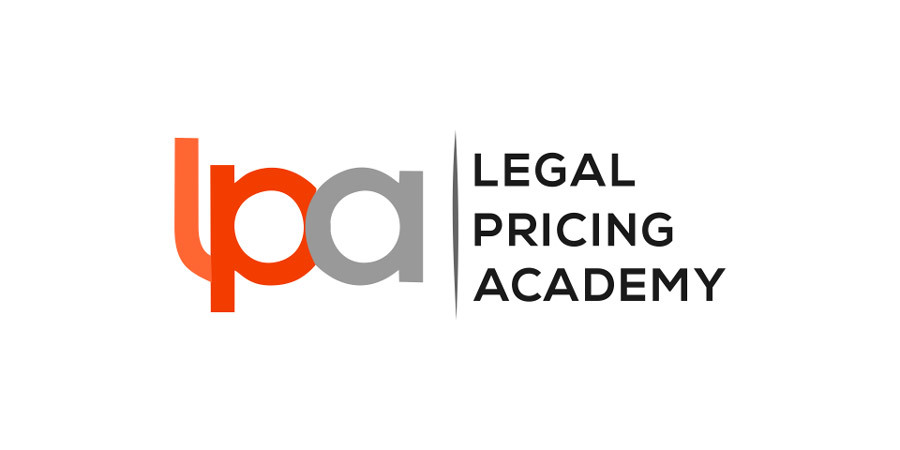The latest research from Acritas’ Sharplegal, an annual global legal market survey of over 2,000 General Counsel, reveals how differently male and female buyers approach the purchase of legal services. As the number of women attaining senior in-house positions continues to rise, the findings raise...

The latest research from Acritas' Sharplegal, an annual global legal market survey of over 2,000 General Counsel, reveals how differently male and female buyers approach the purchase of legal services.
As the number of women attaining senior in-house positions continues to rise, the findings raise questions about the sustainability of traditional male-dominated attitudes that pervade the legal profession. They also point to a growing need for men to learn about the distinct way in which female legal services buyers operate.
Depth of industry knowledge v experience & track record...
When Acritas asked in-house lawyers about the firms that they intended spending more with in the year ahead, men were around two-and-a-half times more likely than women to say that their 'level of trust' in a firm would sway the decision. Conversely, women cited 'understanding of my business' and 'knowledge of how I work' as significantly more important factors in determining share of spend.
Firms that are able to demonstrate in-depth knowledge of their female client's business and their needs also stand to gain higher levels of favourability from them – an all-important step on the path to winning work.
A typical response from one female GC in a large technology company was: “They have an incredible depth of knowledge of our business. We do a lot of work on strategic alignment and so it is just easier to deal with them because they understand the peculiarities of our very narrow market niche. So for instance I get more focused and practical advice from them and I have to do a lot less explaining and a lot less rewriting."
For men, however, understanding of business needs was substantially less important, with 'trustworthiness and reliability', 'experience and track record' being notably more influential in their decision-making.
Good communication is key for female GCs...
Closely allied to the requirement for superior understanding repeatedly expressed by female GCs, was their desire for effectiveness in the communication they had with the law firms who served them.
Not only was it the quality of communication that mattered to female in-house counsel, but also the speed and level of interaction they experienced. When asked what drove the likelihood to recommend a firm, a much higher proportion of women than men spoke about responsiveness as a deciding factor.
A change in thinking & culture needed...
Men on the other hand were significantly more likely to recommend law firms on the basis of the standards they had in place, the qualifications held by their lawyers, the quality of the working relationship and their reputations.
Commenting on the findings, Lisa Hart Shepherd, CEO of Acritas, said: “Given that in-house counsel, regardless of gender, now hold the dominant position in the client/law firm relationship, it's critical for external counsel to thoroughly investigate what their clients and prospects require and expect of their law firms. Our research demonstrates that an important part of this research needs to take account of the behavioral differences that exist between male and female legal services buyers.
“Sharplegal data highlights the way in which stereotypical approaches to new business and client service, based around masculine values and preferences, can jeopardise a firm's chances of winning work from female GCs. A change in thinking and culture is needed if men want to impress an increasingly influential group of female in- house counsel who value business understanding and efficient communication over reputation, personal relationships and trust when choosing their preferred legal partner."
But wait, there's more...
These findings speak to a much broader issue that we at Validatum® have been espousing and assisting firms with for over a decade and that is the whole concept of customising the firms pricing offerings. The challenge for any partner is to ascertain with the greatest precision possible, the client's 'willingness-to-pay' (a recognised economics concept) on a given matter.
No two clients are precisely the same and therefore their pricing imperatives will also differ, often subtly. Gender is only one of many differences. Even the same client can have different pricing imperatives on different matters. Partners need to understand and be able to identify these subtle nuances if they are to have any hope of being able to pinpoint the clients precise pricing requirements, then craft and simultaneously articulate multiple offerings in a'pricing menu' format, one or more of which is highly likely to appeal to the client.
Pricing asymmetry: push-back or money left on the table...
Failure to do so will often result in pricing asymmetry which in turn is likely to result in hard push-back from the client or even the loss of the client and/or the job or just as undesirable, the firm unwittingly 'leaving money on the table'. The Validatum® Price Customisation® methodology has been created to significantly reduce this margin of error and in so doing reduce the tension often implicit in the pricing aspect of the relationship.

